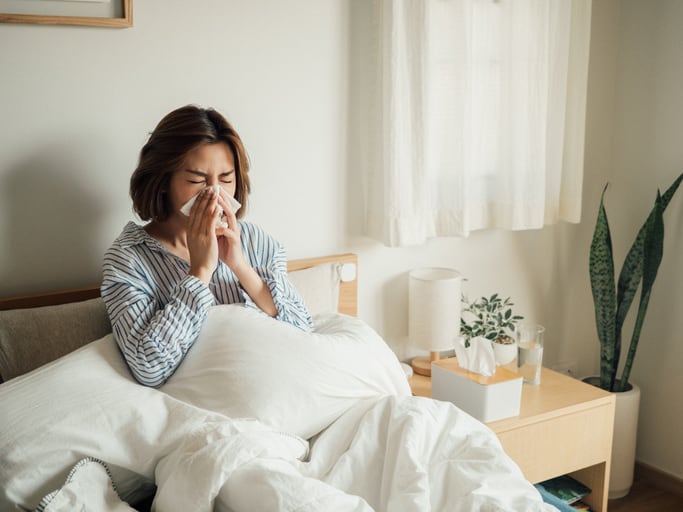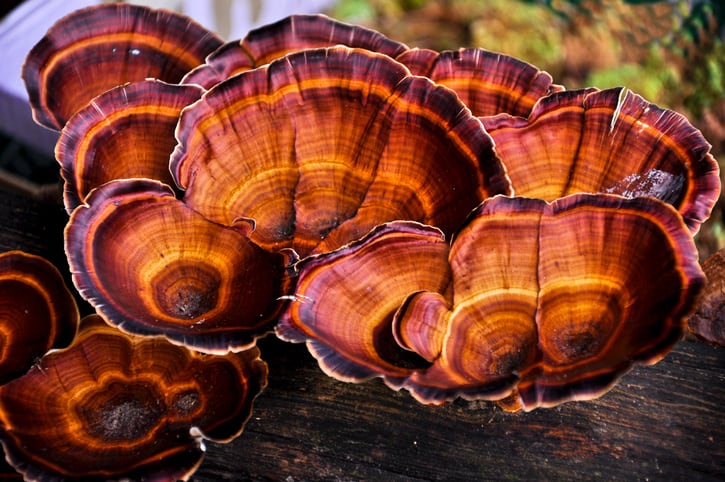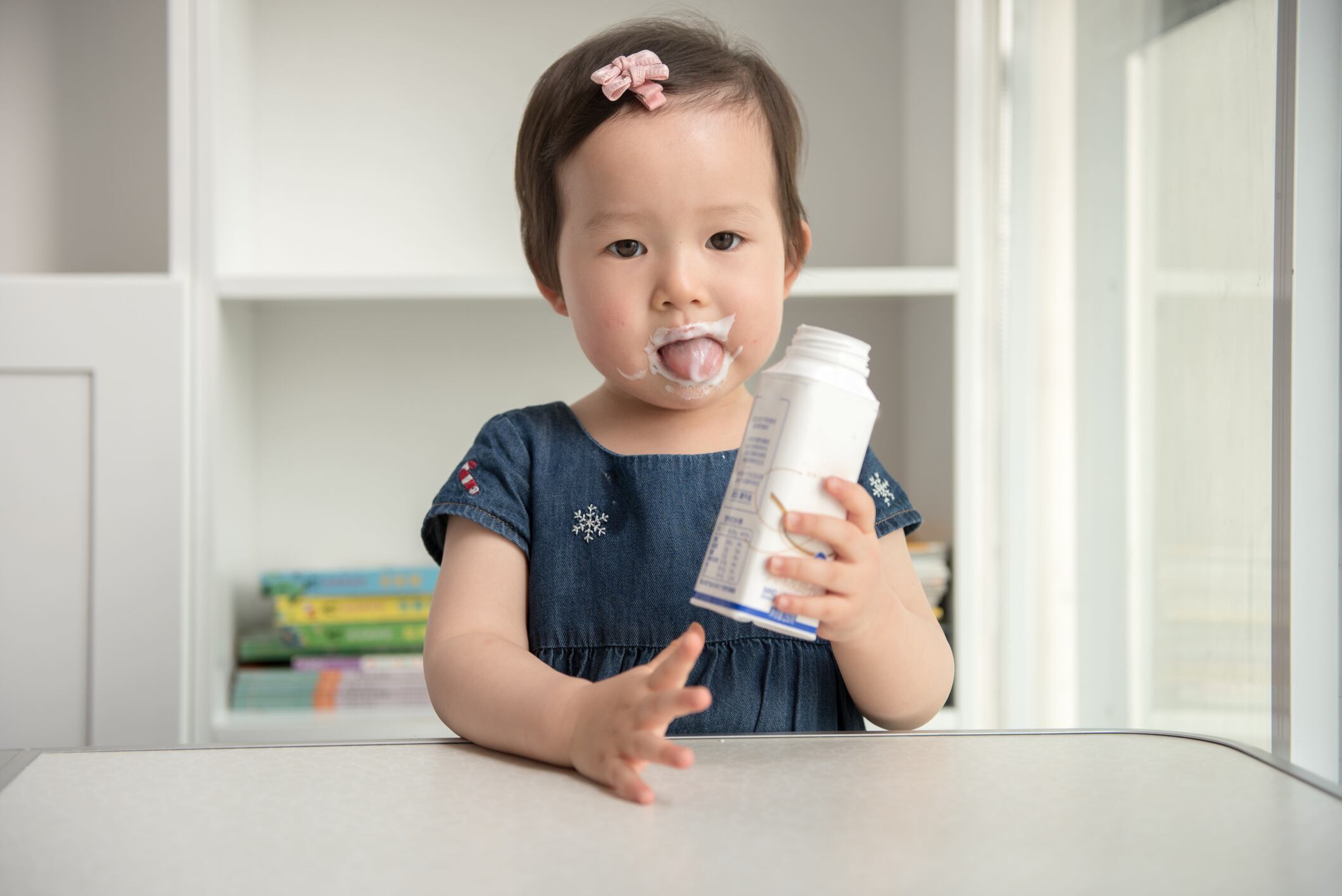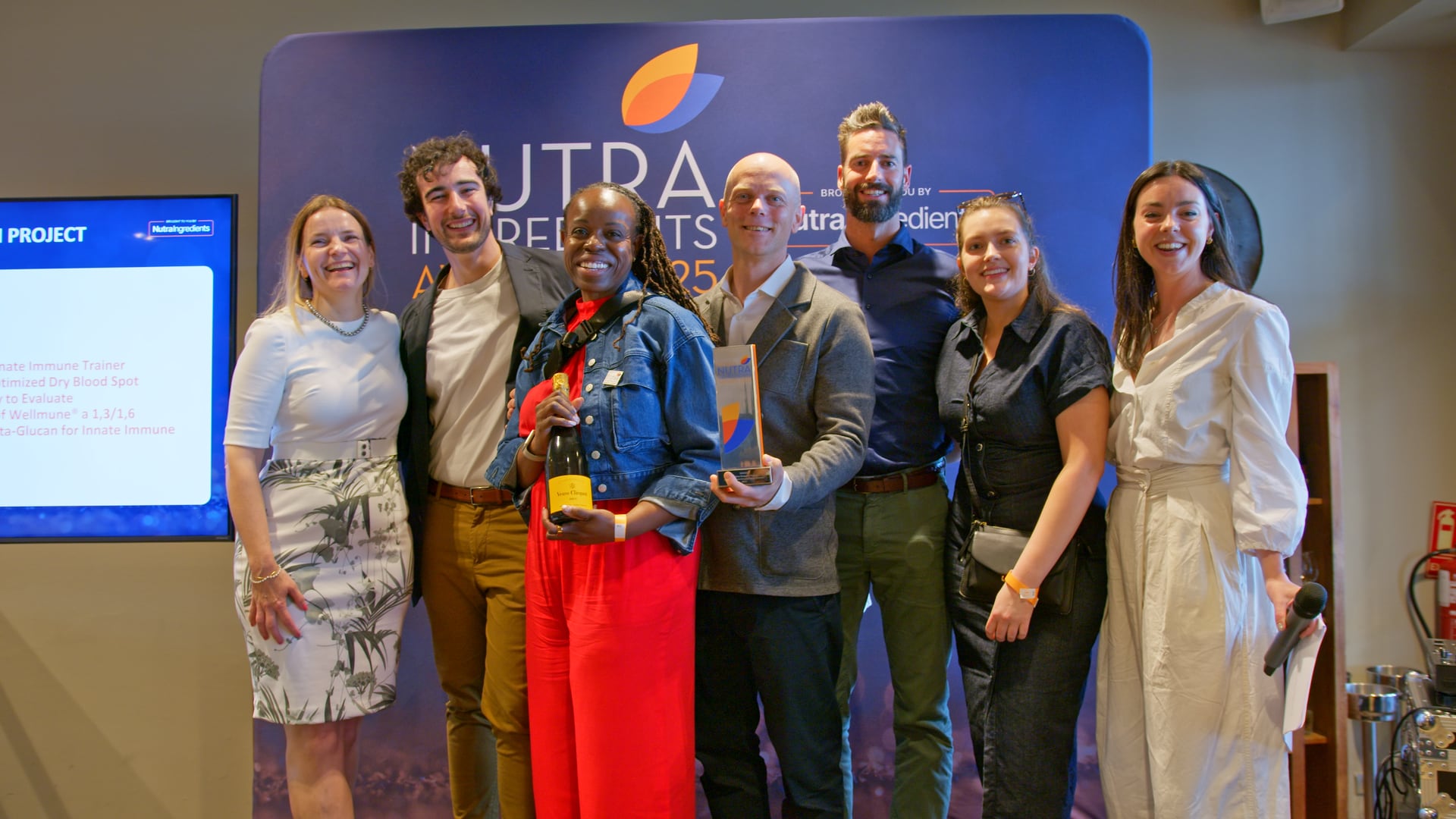Participants aged 50 or over took a supplement for two weeks before and four weeks after receiving the flu vaccine. In the beta-glucan group, 96% had seroprotection, a measure of the immune response, compared to 84% in the placebo group.
“Overall, the findings suggest that yeast beta-glucan supplementation may elicit a greater change in antibody titer to seasonal influenza vaccination,” wrote researchers from the University of Florida and Lallemand Bio-Ingredients, a subsidiary of Danstar Ferment A.G., who funded the study.
Yeast-derived beta-glucans have been studied for their immunomodulatory actions in upper respiratory tract infections, and previous research suggests they may reduce cold and flu symptoms.
The current researchers aimed to evaluate the potential for yeast beta-glucans to enhance the immune response to vaccination, with a focus on older adults who are at a higher risk of viral infection and severe disease.
While the results suggested an enhancement of immunity by beta-glucans, they noted that a lack of increase in IFN-γ production doesn’t support the supplement’s actions at cellular level in adults who have a robust response to vaccination.
Study details
The six-week study ran over two influenza vaccination seasons in Florida, USA. The researchers randomized 78 adults to receive 500 mg of beta-glucan manufactured by Biotec Betaglucans in Norway or placebo daily for two weeks before having an influenza vaccine, and 28 days afterwards.
The participants were aged 50 or over, planning to be vaccinated for influenza, and had a previous COVID-19 vaccination.
Blood samples assessed antibody titer response on days 0 and 28, and cytokine response on day 28, with an additional blood draw for antibody titer on day 14 of season 1.
The researchers collected information on supplement use, cold and flu symptoms, fever, and fatigue throughout the study. However, they encountered methodological problems and government guidance to vaccinate early due to an expected severe season, which impacted the results.
The findings revealed that “supplementation with beta-glucan elicited an increase in antibody titer to vaccination compared to placebo,” the researchers wrote.
“Post-vaccination, 96% of participants in the beta-glucan group demonstrated seroprotection, compared to 84% in the placebo group,” they added.
They explained that excessive daytime sleepiness is associated with poor antibody response to influenza vaccination, and the results showed no differences in fatigue between the groups.
“The findings of this pilot study suggest that yeast beta-glucan may elicit an increase in antibody titer to influenza vaccination in generally healthy older adults,” they wrote. “However, the lack of increase in IFN-γ production does not support the adjuvant action of beta-glucan at the cellular level in adults demonstrating a robust response to vaccination.”
They acknowledged the study limitations and called for further research using larger samples, to also explore the effects of beta-glucans on antibody responses to other vaccinations, such as COVID-19
Source: Journal of Dietary Supplements, 1–16, doi: 10.1080/19390211.2025.2539876 “Yeast Beta-Glucan Enhances Antibody Response Following Influenza Vaccination – A Double-Blind, Randomized, Placebo-Controlled Pilot Trial.” Authors: M.L. Moreno et al.




